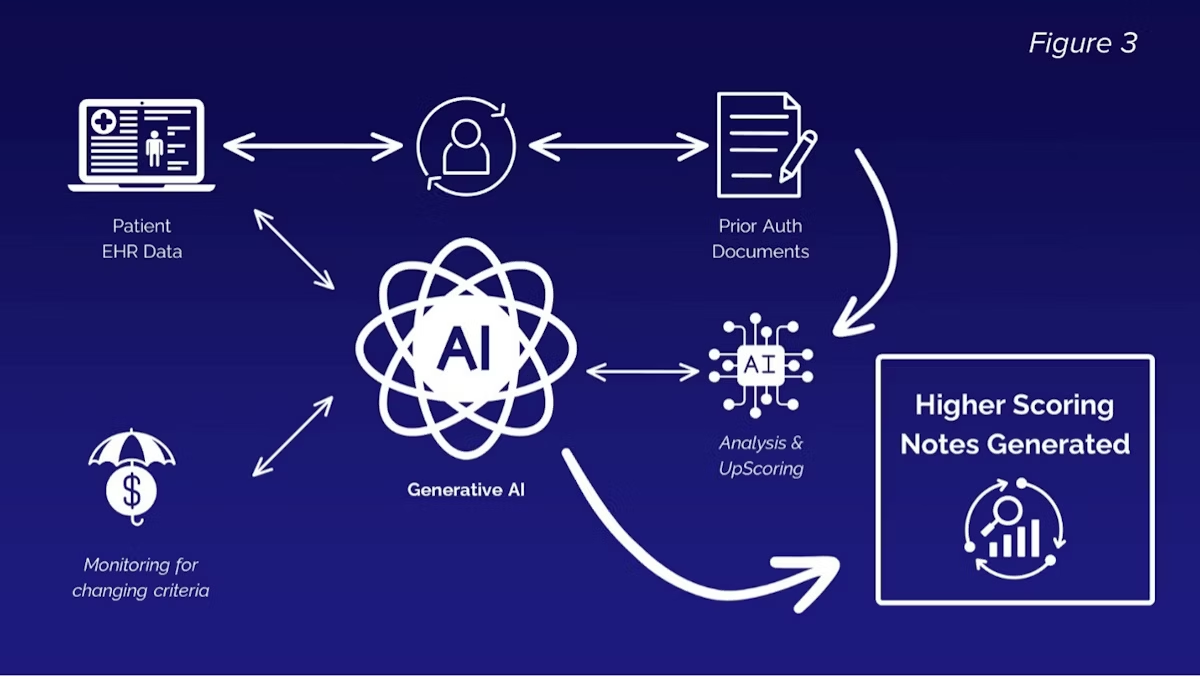Prior authorization requirements and inadequate pre-visit planning represent two of the most significant administrative burdens facing healthcare providers today. The prior authorization process alone costs practices an estimated $13.3 billion annually, with physicians reporting an average of 41 hours per week spent on these administrative tasks—time that could otherwise be dedicated to patient care.
Artificial intelligence is emerging as a powerful solution to these entrenched challenges. AI-powered systems are now capable of automating much of the prior authorization process while simultaneously enhancing pre-visit planning through predictive analytics and intelligent workflow design. These technologies are not only reducing administrative costs but also accelerating care delivery and improving the overall patient experience.
The Pre-Visit Planning Challenge
- 68% of patients arrive for appointments missing necessary lab work or diagnostic imaging
- 42% of specialist visits lack complete referral information or prior records
- Providers spend an average of 7 minutes per patient searching for information that should have been prepared in advance
- 23% of appointments require rescheduling due to incomplete pre-visit preparation
- Patient-reported information is often collected redundantly across multiple touchpoints
- Care gaps for preventive services or chronic disease management are frequently identified too late to address during scheduled visits
- Medication reconciliation is often performed hastily during appointments rather than prepared in advance
AI-Enhanced Pre-Visit Planning
Implementation Across Specialties
Patient Experience Improvements
Measuring ROI and Performance Improvements
Conclusion
AI-powered prior authorization and pre-visit planning systems represent a transformative opportunity for healthcare practices struggling with administrative burden and workflow inefficiencies. By automating complex authorization processes and enhancing pre-visit preparation, these technologies address two of the most significant pain points in healthcare operations while simultaneously improving the patient experience.
As these AI systems continue to evolve, we can expect even greater integration with EHR systems, payer platforms, and patient engagement tools. The future promises increasingly seamless workflows where prior authorizations happen automatically in the background and patients arrive for appointments fully prepared, with all necessary testing completed and results available. For healthcare providers seeking to reduce administrative burden while improving care delivery, AI-powered authorization and pre-visit planning solutions offer a compelling path forward in an increasingly complex healthcare landscape.
Ready to transform your business with AI?
Our team of experts is ready to help you implement the strategies discussed in this article.
Schedule a ConsultationAlexandros Aidonis
Founder & CEO
Alexandros Aidonis is the founder and CEO of AIdonis, specializing in AI solutions for local businesses. Alex is passionate about helping small businesses leverage AI to compete with larger enterprises.




